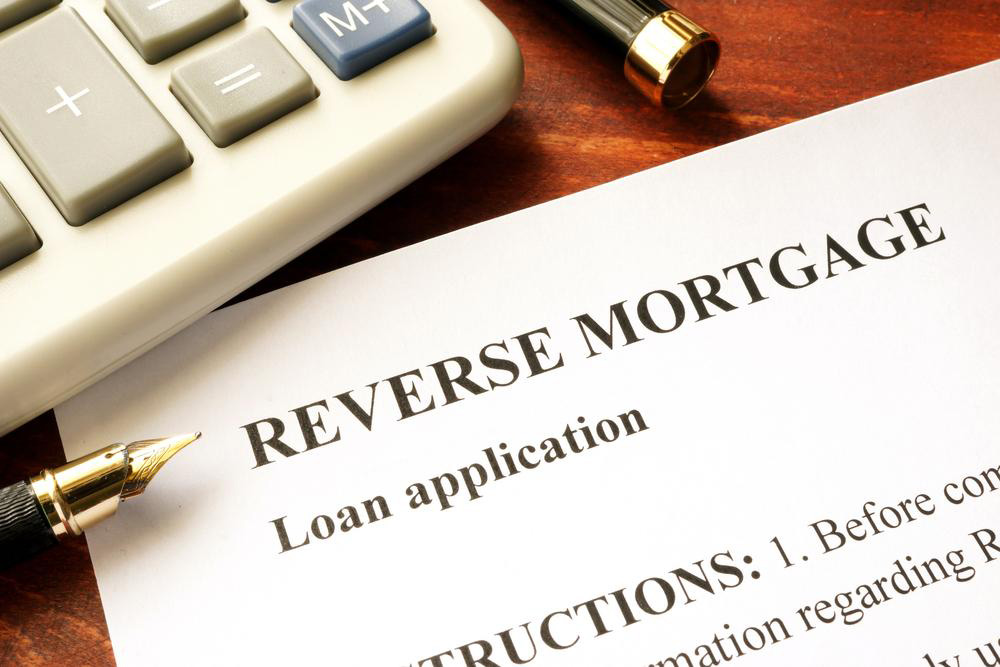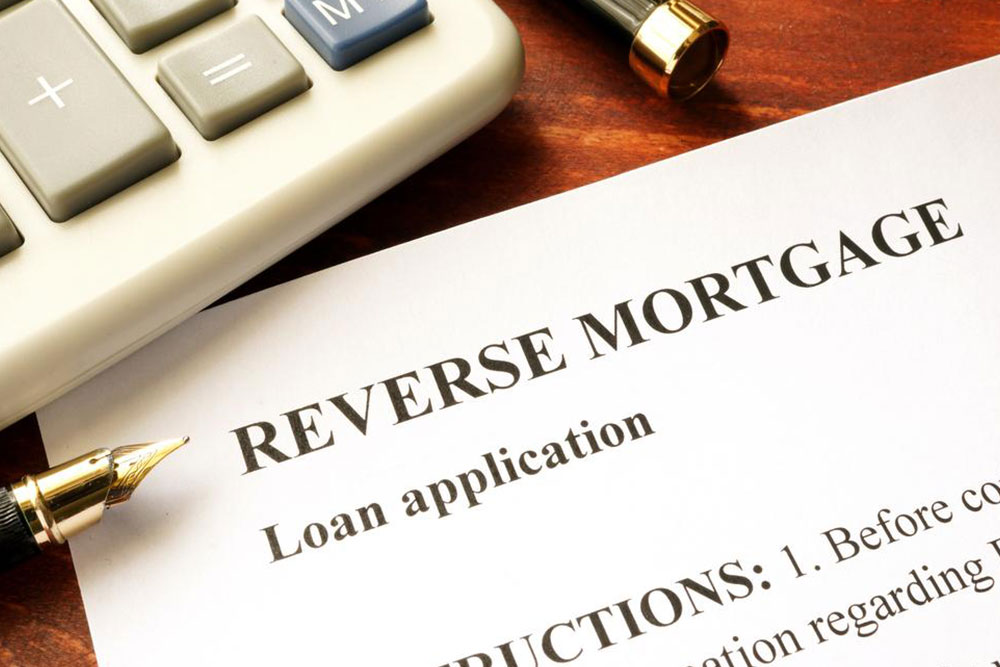Comprehensive Guide to Key Factors in HECM Reverse Mortgage Calculations
This comprehensive guide explores the essential components involved in calculating HECM reverse mortgages. It explains factors such as age, property value, interest rates, and existing debt, providing homeowners with detailed insights to make informed financial decisions. Understanding these elements helps optimize loan benefits and ensures a secure retirement plan backed by home equity. The article emphasizes the importance of consulting professionals for personalized assessments and highlights the influence of market conditions on loan eligibility and amounts. Perfect for homeowners considering reverse mortgages, this detailed overview clarifies complex calculations involved in HECM processes.

Comprehensive Guide to Key Factors in HECM Reverse Mortgage Calculations
Understanding how a Home Equity Conversion Mortgage (HECM) reverse mortgage is calculated can be complex, yet it is essential for homeowners considering this financial option. Unlike straightforward loan options, HECM calculations involve multiple variables that influence the final eligible amount. While online tools can provide rough estimates, the definitive loan amount is determined through detailed assessments by certified counseling agencies. This article provides an in-depth overview of the key components involved in HECM reverse mortgage computations, helping homeowners make informed decisions about their financial future.
The primary factors affecting HECM eligibility and loan amounts include the borrower's age, property value, existing mortgage debt, prevailing interest rates, and the specific loan type selected. These elements collectively influence the potential borrowing capacity, the loan disbursement structure, and the overall feasibility of the reverse mortgage plan.
The Federal Housing Administration (FHA) sets a maximum loan limit for HECM loans, which currently stands at $636,150—an increase from last year's cap of $625,500. This limit applies regionally and nationally, affecting the maximum eligible loan amount based on property valuation and other factors. To determine the potential reverse mortgage amount, lenders analyze current market conditions, interest rate trends, and specific details related to the property in question.
For example, consider a homeowner aged 65 with a property valued at $300,000 and an existing mortgage of $50,000. Such a borrower might be eligible to receive approximately $150,000 in reverse mortgage funds, after accounting for the existing mortgage that will be paid off from the approved amount. This settlement effectively clears the former mortgage balance, providing the homeowner with additional financial flexibility and eliminating future mortgage payments.
The ultimate reverse mortgage amount is influenced by multiple variables, including the borrower's age, property valuation, and the amount of existing debt. Typically, older borrowers qualify for larger sums due to the shorter risk period for lenders. For instance, a 62-year-old homeowner may be eligible for around $110,000, while a 76-year-old could qualify for approximately $149,000 on the same property. Location also plays a role; county-specific FHA limits can lower or raise the maximum receivable amount based on local real estate values.
Monitoring prevailing interest rates is crucial when planning for a reverse mortgage, as fluctuations can impact the total available funds. Lower interest rates usually translate into higher loan proceeds, so timing the application or refinancing at favorable rates can optimize the borrowing potential. Additionally, certain loan types within the HECM program—such as fixed-rate or adjustable-rate options—offer different benefits and considerations depending on the borrower’s needs and market conditions.
In conclusion, the calculation process for HECM reverse mortgages involves a mix of personal, financial, and market factors. Homeowners should consult certified counselors and financial advisors who can analyze their unique circumstances to determine the most advantageous loan structure. A comprehensive understanding of these components ensures applicants are well-prepared to leverage their home equity effectively, secure the best terms, and achieve long-term financial stability.





